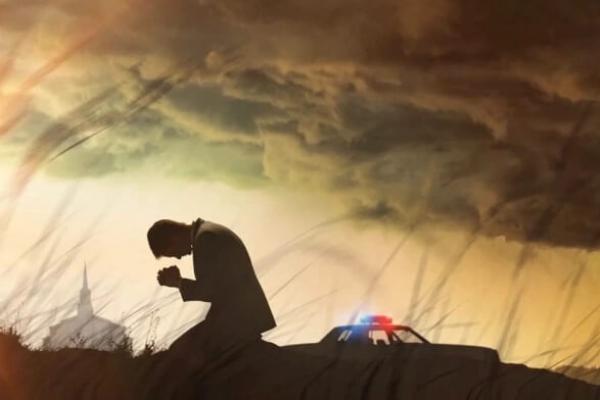May 4, 2022
The show is based on Jon Krakauer’s 2003 book of the same title, detailing the brutal 1984 murder of a woman and her infant baby by two brothers from the Lafferty clan, a prominent family in the Church of Jesus Christ of Latter-day Saints.
Read the Full Article

Already a subscriber? Login
